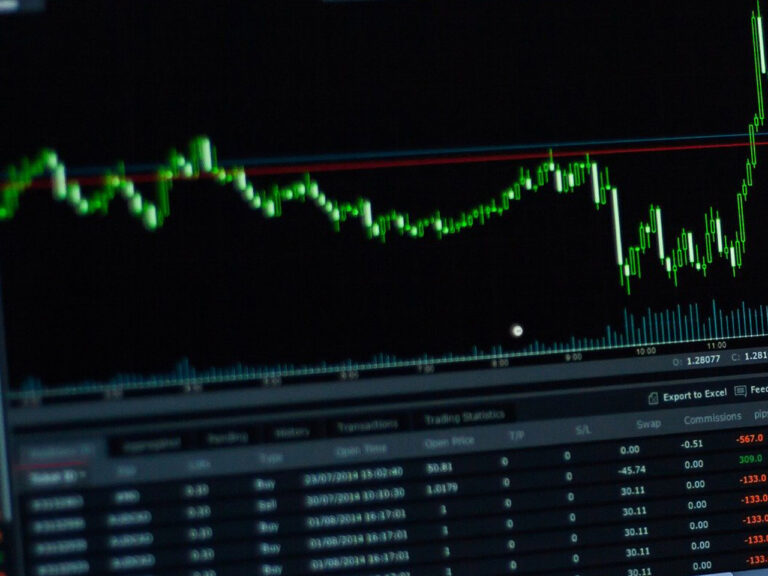Deere & Company (NYSE: DE), a titan in the industrial sector, stands as a venerated entity in the farm and heavy construction machinery industry. With a substantial market capitalization of $144.25 billion, this American stalwart offers a compelling mix of innovation and legacy, tracing its origins back to 1837 in Moline, Illinois. Operating across four key segments—Production and Precision Agriculture, Small Agriculture and Turf, Construction and Forestry, and Financial Services—Deere has cemented its position as a global leader in equipment manufacturing and distribution.
Currently, Deere’s stock price hovers at $531.48, marking the peak of its 52-week range from $344.84 to $531.48. Despite this impressive growth trajectory, the stock’s potential upside appears limited, with an average analyst target price of $523.68 suggesting a slight downside of -1.47%. This has led to a mixed sentiment among analysts: 10 have issued buy ratings, while 14 maintain a hold stance, and none have suggested selling the stock.
The valuation of Deere reveals some intriguing dynamics. With a forward P/E ratio of 23.31, the company is priced for growth, yet traditional metrics like the P/E ratio, PEG ratio, and other valuation standards are notably absent, making comprehensive valuation assessments challenging. However, the stock’s robust return on equity of 23.91% showcases the company’s efficiency in generating profits from shareholder investments, a crucial metric for potential investors.
Deere’s performance metrics tell a nuanced story. While revenue growth has dipped by 16.20%, the company remains profitable, boasting an EPS of 22.59. Additionally, a healthy free cash flow of approximately $6 billion underscores Deere’s strong cash generation capabilities, providing a cushion for future growth investments or dividend payouts.
Speaking of dividends, Deere offers a modest yield of 1.22% with a conservative payout ratio of 26.71%, suggesting room for potential future increases. This makes it an attractive option for income-focused investors seeking stability in their portfolios.
Technical indicators offer further insights into Deere’s stock dynamics. The 50-day and 200-day moving averages stand at $471.10 and $434.11, respectively, indicating an upward trend over the medium to long term. Meanwhile, the RSI (Relative Strength Index) of 26.37 suggests that the stock is currently oversold, potentially presenting a buying opportunity for contrarian investors.
Deere’s diversified business model across its segments ensures resilience in varied economic climates. Its Production and Precision Agriculture segment, with its advanced tractors and crop care equipment, and the Construction and Forestry segment, offering a wide range of machinery, position Deere to capitalize on both agricultural and infrastructural demands globally.
For individual investors, Deere’s stock presents a balanced mix of growth potential and dividend income, albeit with some near-term valuation concerns due to its current price levels. As the company continues to innovate within its segments and leverage its financial services arm for strategic growth, investors should weigh these factors alongside the broader economic conditions impacting industrial machinery demand.
In navigating the investment landscape of Deere & Company, it’s essential to consider both the immediate technical indicators and the longer-term strategic initiatives that could drive future growth. Whether you’re drawn to its historical legacy or its forward-looking innovations, Deere remains a formidable player in the industrial sector.






































